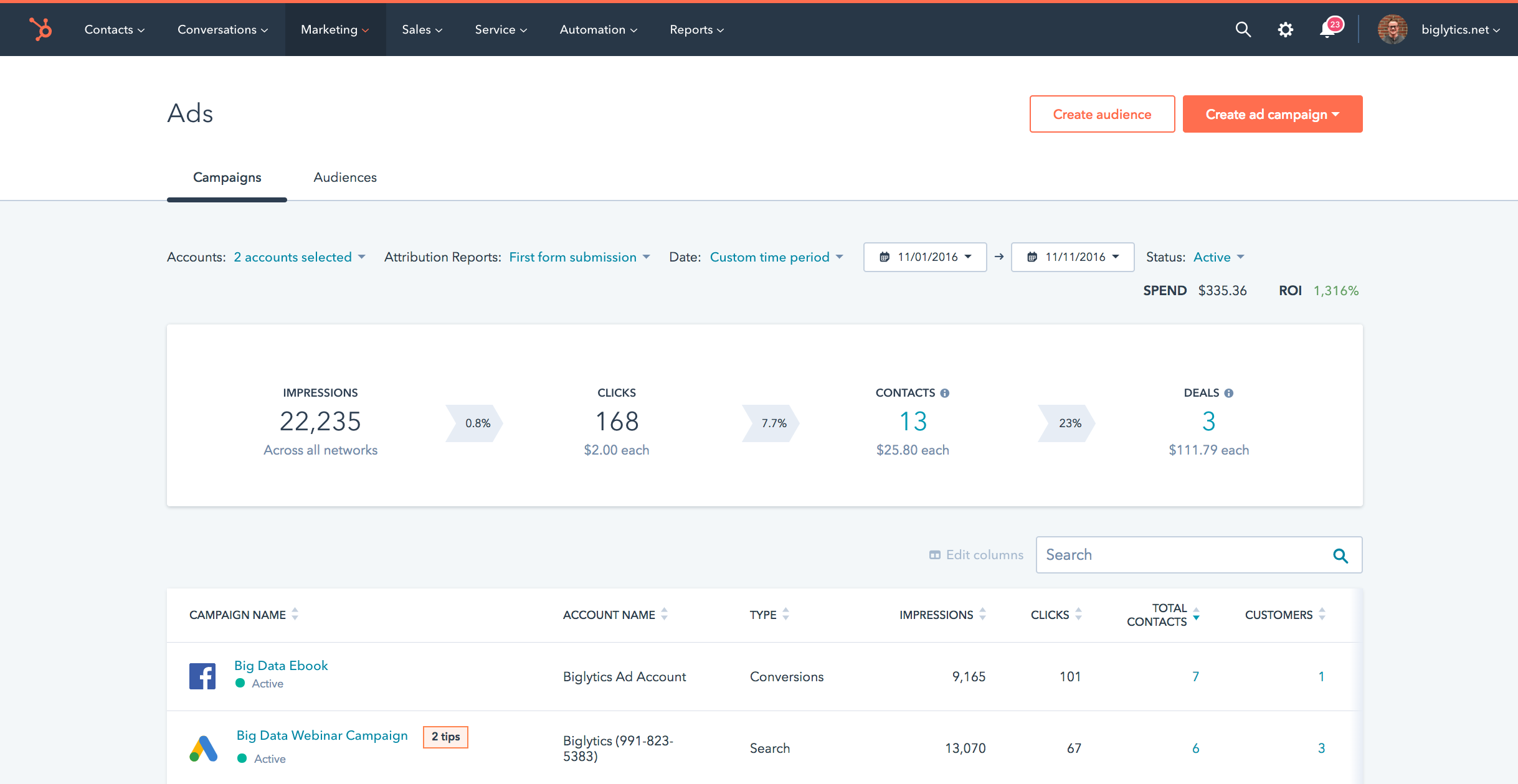In today's digital age, if you're a marketing professional or business owner, the term "Search Engine Marketing" (SEM) is likely to be familiar. SEM has evolved to become a cornerstone of online visibility and brand recognition.
But what precisely is SEM, and how does it work in the intricate realm of digital marketing?
This comprehensive guide aims to demystify SEM, providing a roadmap through its core components, intricacies, and the value it brings to businesses.
This article will delve into the world of SEM, exploring its definition, key components, and benefits.
So, let's embark on this journey of discovery, unlocking the realm of SEM and equipping you with the tools and knowledge needed to harness its capabilities for your brand's success.
|
Search Engine Marketing SEM, or search engine marketing, is using paid advertising to ensure that your business's products or services are visible on search engine results pages (SERPs). |
Understanding Search Engine Marketing (SEM)
Search Engine Marketing, or SEM, is a strategic method that leverages paid advertising to ensure the visibility of your business's products or services on Search Engine Results Pages (SERPs). This approach empowers your business to emerge as a prominent search result when a user enters specific keywords.
To proficiently promote your offerings on SERPs through SEM, you must equip yourself with the appropriate tools. This comprehensive compilation showcases the finest SEM tools to facilitate your journey.
At the core of SEM lies the SEM Ad Auction, a meticulous process in which search engines employ algorithms to assess the relevance and credibility of ads linked to particular keywords.
This algorithm considers many factors, including bid amounts, ad quality, and the user's landing page experience, to determine the ads that receive prominence.
By gaining insight into the components of an SEM Ad Auction and harnessing the right tools, you can amplify the visibility of your business's products or services on SERPs, channeling an increased traffic flow to your website.
The Key Elements of SEM Key Components of a Successful SEM Strategy
Paid Search Advertising (PPC)
Pay-per-click (PPC) advertising is the engine that propels SEM. It allows you to bid for ad placement in a search engine's sponsored links when someone searches for a keyword related to your business.
The beauty of PPC lies in its cost-effectiveness - you only pay when a user clicks on your ad.
Ad Campaign Setup and Management
Crafting an effective ad campaign requires finesse. Every step is crucial from defining your target audience to selecting the right keywords.
Budgeting and bidding strategies play a pivotal role in determining the success of your campaigns. Striking the right balance ensures optimal results without breaking the bank.
Quality Score and Ad Ranking
In the competitive landscape of SEM, a high-quality score is your golden ticket to prime ad placement.
This metric, assigned by search engines, evaluates the relevance and quality of your ads, keywords, and landing pages. The higher your quality score, the better your ad position, often at a lower cost-per-click.
Ad Extensions and Ad Formats
Enhancing your ad's visibility and relevance is where ad extensions and formats come into play. These additional snippets of information, such as location details or links to specific pages, provide users with more context and options.
Various ad formats ensure your message is conveyed effectively across different devices and platforms.
SEM vs. SEO: Navigating the Search Engine Landscape
SEM and Search Engine Optimization (SEO) often stand side by side in the digital marketing arena. While both strategies aim to improve your online visibility, they operate differently:
SEM (Search Engine Marketing): SEM entails a paid approach to securing a prominent position on search engine results pages. It involves partnering with search engines, such as Google, to display advertisements for your business when users search for specific keywords or phrases.
Your ad can ascend to the apex of search results through competitive bidding, swiftly connecting your brand with potential customers.
SEO (Search Engine Optimization): In contrast, SEO is the art of enhancing your website and content to attain higher organic rankings in search results. While you don't incur direct costs for these placements, they demand a dedicated investment of time and effort.
SEO ensures that search engines recognize and rank your web assets favorably, driving organic traffic to your site.
Both SEM and SEO constitute vital components of a comprehensive online marketing strategy. SEO is akin to a long-term investment, fostering steady traffic growth and strengthening your brand's digital presence.
In contrast, SEM provides immediacy, swiftly channeling traffic and potential conversions to your website. Combining the power of both SEM and SEO can harmonize your search engine presence, bolstering visibility and directing a robust stream of traffic to your digital doorstep.
When to Use SEM and SEO
When should you employ SEM, SEO, or a combination of both? The answer depends on your marketing objectives and the stage of your business.
SEM is ideal for generating quick results, while SEO builds a solid foundation for long-term success. In many cases, a judicious mix of both strategies is the key to digital marketing triumph.
The Benefits of SEM
SEM wields a myriad of benefits that can significantly impact your marketing efforts.
1. Swift Visibility
In the world of digital marketing, speed is of the essence. SEM offers a rapid route to reaching your target audience, often in a matter of hours.
In contrast, the organic growth achieved through SEO can take months to materialize.
2. Precision Targeting
One of SEM's most potent features is the ability to reach individuals interested in your products or services precisely. Keyword selection and audience targeting ensure that your ads are presented to those actively seeking what you offer.
3. Measurable Results
In the digital arena, data is king. SEM gives you a wealth of data and analytics to evaluate the effectiveness of your campaigns.
You can meticulously track performance, click-through, conversion, and more. This data-driven insight empowers you to fine-tune your strategies for optimal results.
4. Cost Control
SEM gives you complete control over your advertising expenses. You can set budgets that align with your business goals, whether modest or substantial.
By monitoring and adjusting your spending, you can ensure you're not overspending while maximizing your reach.
5. Local and Global Reach
SEM is a versatile strategy, accommodating businesses of all sizes. Whether targeting a local community or striving for international recognition, SEM allows you to customize your campaigns for specific geographic regions.
6. Increased Brand Visibility
Your brand's prominence in the digital realm is crucial. SEM ensures your brand's visibility soars, making it easily discoverable by potential customers. This heightened visibility can lead to brand loyalty and customer trust.
Measuring and Analyzing SEM Success
Key Performance Indicators (KPIs)
Your SEM strategy is only as good as your ability to measure its success. Key Performance Indicators (KPIs) are the compass guiding your campaigns.
Essential KPIs include:
- Click-Through Rate (CTR)
- Conversion Rate
- Return on Ad Spend (ROAS)
- and more.
These metrics provide valuable insights into the performance of your SEM efforts.
Tools for SEM Analytics
You'll need the right tools to unlock the true potential of SEM. Google Ads and Google Analytics are indispensable in your quest for data-driven decision-making.
They offer a plethora of data and analytical tools to assess the effectiveness of your campaigns, refine your strategies, and maximize your ROI.
HubSpot also provides a suite of SEM analytics and management solutions, empowering marketers with insights into their campaigns, lead generation, and customer engagement. Its user-friendly interface and robust features make it a potent asset in your SEM toolkit.

With this comprehensive array of tools, you can embark on data-driven decision-making, ensuring your SEM campaigns are finely tuned for optimal results.
Common Challenges and Solutions
Ad Budget Management
Managing your ad budget is a balancing act. Overspending can drain your resources, while underinvestment can hinder your results.
Striking the proper equilibrium involves meticulous planning, monitoring, and adjustments. Budget management tools and a well-thought-out strategy will be your allies.
Ad Fraud and Click Fraud
In the digital world, ad fraud and click fraud are persistent threats. Advertisers must remain vigilant to protect their investments.
Employing fraud detection mechanisms and monitoring your ad campaigns for suspicious activity is critical. Be prepared to take action to safeguard your budget and campaign integrity.
The Future of SEM
Emerging Trends and Technologies
The digital landscape is ever-evolving, and SEM is no exception. Discover the emerging trends and technologies that will shape the future of search engine marketing.
From AI-powered bidding strategies to voice search optimization, staying informed is the key to staying ahead.
Preparing for the Future
As marketing managers and professionals, preparing for the future of SEM is necessary. Stay adaptable, embrace change, and continue to refine your strategies.
The digital marketing arena is dynamic, and those who are well-prepared will seize the opportunities it offers.
Conclusion
In conclusion, Search Engine Marketing (SEM) is a dynamic force in digital marketing, offering a means to elevate your business's online presence. As marketing managers and professionals, understanding the nuances of SEM is crucial to harnessing its full potential.
SEM and its counterpart, Search Engine Optimization (SEO), each play a distinct role in your digital strategy. While SEO fosters long-term growth, SEM delivers immediate impact. Combining both approaches enables you to maximize your visibility on search engines, driving increased traffic to your website.
As you navigate the complex world of SEM, remember that data and analytics are your allies. Tools like Google Ads, Google Analytics, and HubSpot empower you to make informed decisions, refine your strategies, and optimize your return on investment (ROI).
Ready to amplify your online presence with SEM? Contact Fine Media today to embark on a journey of digital growth. Our experts will work closely with you to craft tailored SEM strategies that drive results.
Let's maximize your visibility on search engines and channel more traffic to your website. Reach out to us now to get started on your SEM success story.
.png)


/The%20Ultimate%20Guide%20to%20SEM%20(Search%20Engine%20Marketing).png)